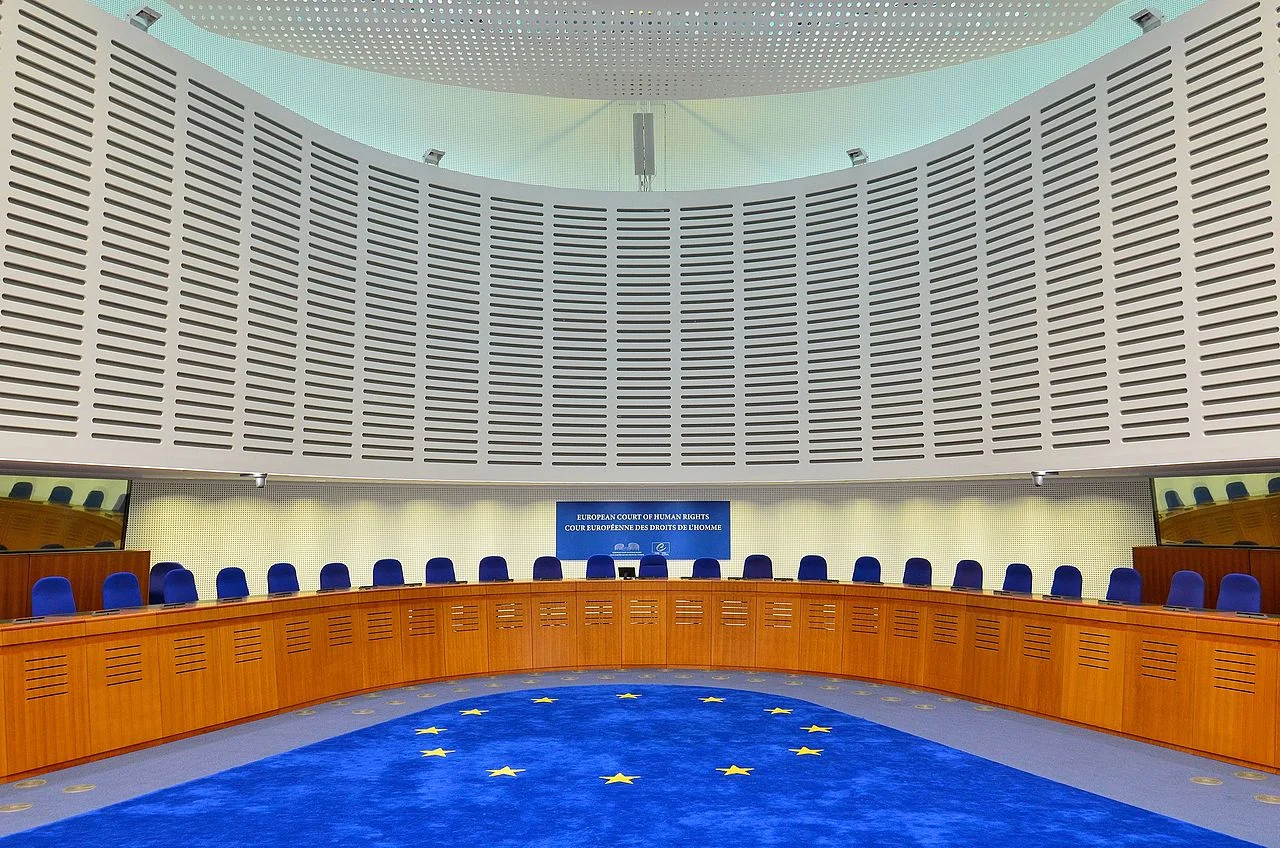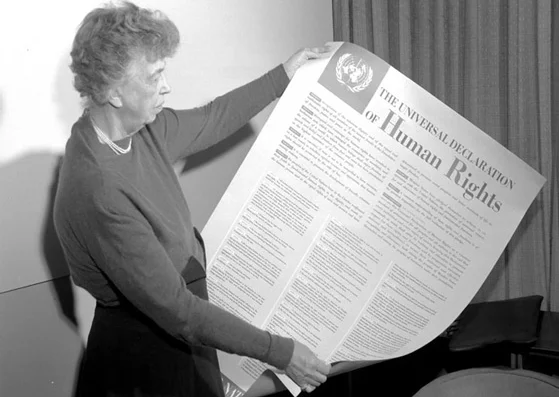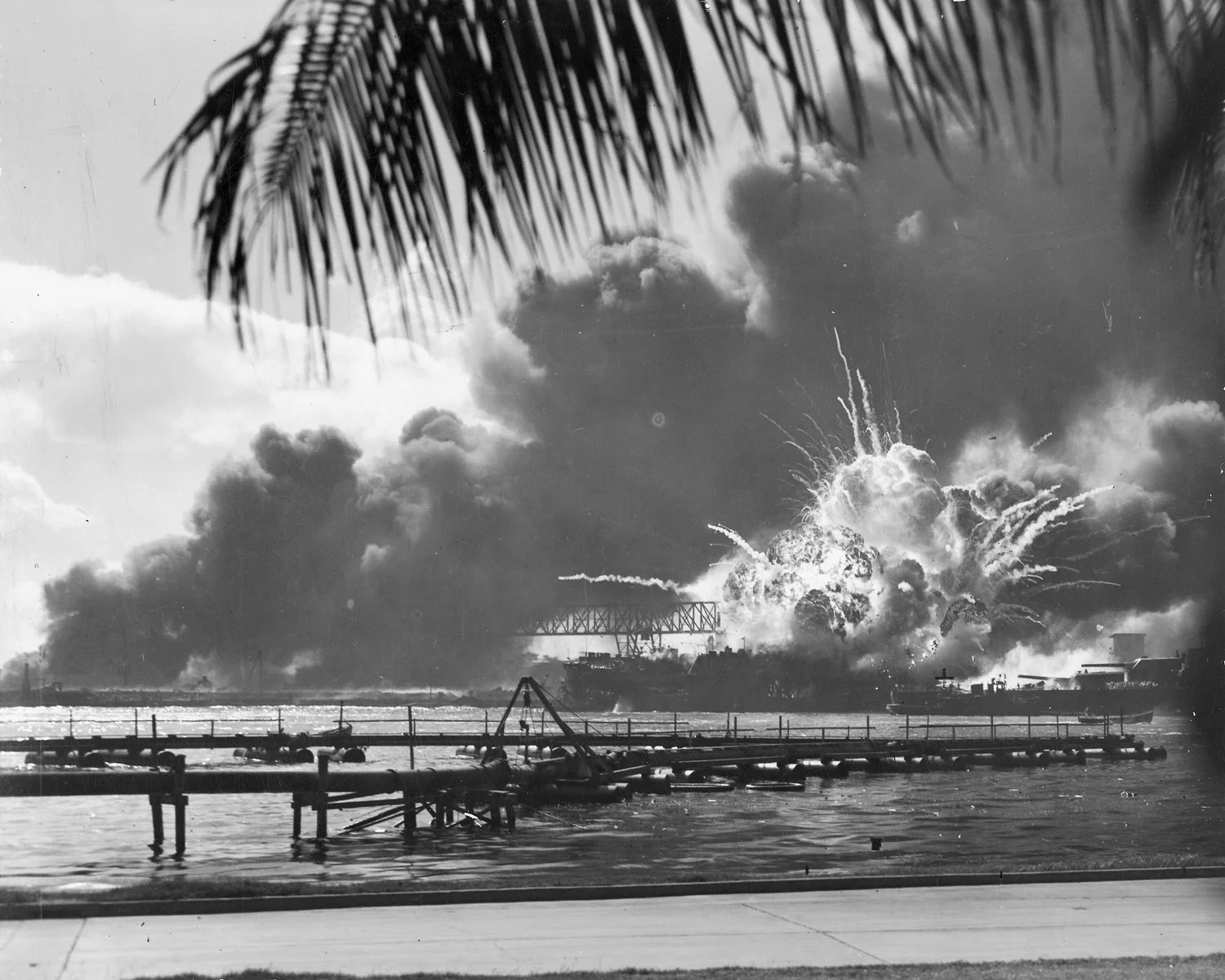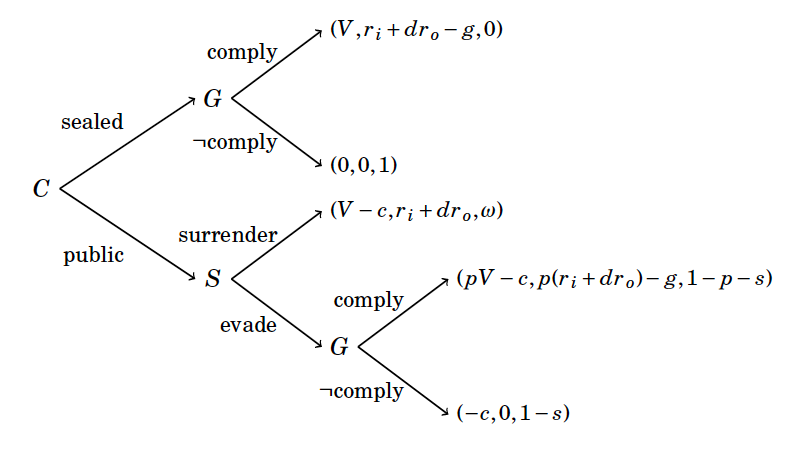Courses
This page features the undergraduate and graduate courses I currently have in rotation.
Syllabi are posted; email me if you want to make sure you have the most current version.
International Law and Organizations
This course examines the origins, designs, operations, and effects of international institutions. We study many different types of institutions, from intergovernmental institutions like the UN, the WTO, and NATO; to supranational institutions like the EU and the ICC; from "soft" institutions like international law and norms of behavior; to transnational institutions like advocacy networks and terrorist organizations. The course explores the institutional structures, political processes, and outcomes of international organizations within three issue areas: international peace and security, global trade and development, and transnational politics such as human rights and the environment.
Syllabus for undergraduate International Law and Organizations (Fall 2022)
Politics of Human Rights
This course focuses on the law, politics, and practices of international human rights. We explore the development of the modern idea of human rights, the motivations of governments to violate rights, and the institutions that enable or constrain rights violations and protections.
Syllabus for undergraduate Politics of Human Rights (Fall 2024)
International Relations
This course takes a rational choice approach to the study of international politics. We examine the decision-making processes that lead to conflict and cooperation. How do actors with different preferences influence international outcomes? How does a change in the structure of the system or other institutions affect decisions? We apply this framework of study to the traditional topics of international relations: international war, international political economy, and transnational politics.
Syllabus for undergraduate Introduction to International Relations (Spring 2023)
Game Theory
This course is designed to develop a consumer-level knowledge of game theory as a tool of theory development and its applications in political science. The bases of this knowledge will be an understanding of the role of theory in social scientific inquiry; the mathematical methods of identifying equilibrium behavior; the relationship between assumptions, logic, and predictions; and the implications of strategic behavior for political outcomes. We focus primarily on noncooperative game theory, including the concepts of Nash equilibrium, subgame perfection and other equilibrium refinements, repeated and infinite-horizon games, and games of incomplete and imperfect information.
Syllabus for graduate Introduction to Game Theory (Spring 2018)



